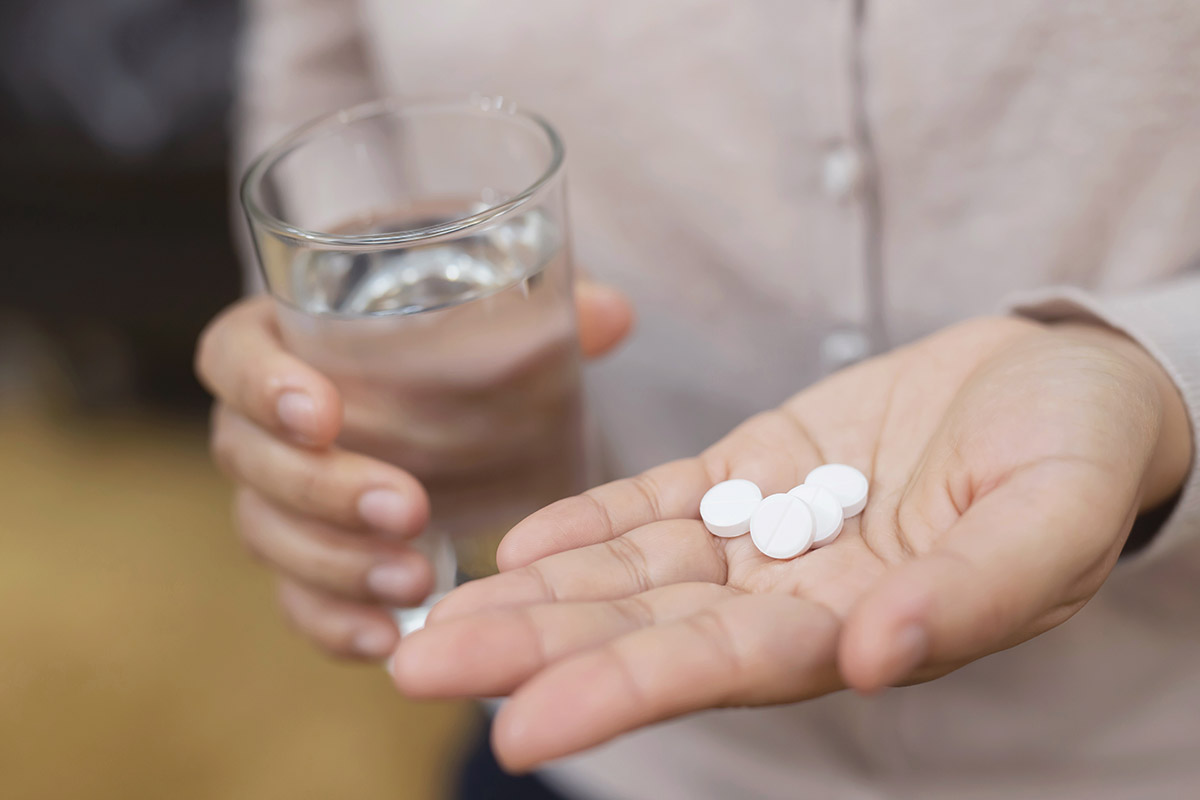Impulsivity can be a lot of fun in the right moments. For instance, let’s say you’ve put your time into your job and you feel like you’re caught up with everything. On the way to work on one sunny and beautiful day, you have the idea to call in sick, call a friend, and go to the beach. Or if you walking with your girlfriend and it starts to rain, impulsivity might lead you to keep walking (instead of seeking shelter) to enjoy a romantic stroll in the rain. While these may seem like harmless activities, they can build upon each other creating bad habits. When someone is in recovery or struggling with drug use or alcohol abuse, acting impulsively can have major consequences. Fortunately, Westwind Recovery® can help individuals learn to manage their impulsive behavior as they heal and overcome substance abuse.
Dangers of Impulsive Behavior
Impulsivity can lead to harmful choices. It can lead to emotional outbursts, reactionary behavior, and risk-taking. Impulsivity is sometimes the underlying force behind drug use and drinking. When a person begins to feel uncomfortable or has any physical or emotional pain, someone who is impulsive might immediately reach for a drink. They might immediately reach for cocaine, meth, or another substance to avoid their emotional or psychological state. Recovery professionals call this kind of reaction a co-occurring disorder. It’s when an individual has an underlying mental health issue (anxiety, stress, or depression) contributing to their substance use or vice versa. At Westwind Recovery®, our dual diagnosis treatment program can address this and help individuals heal from both issues.
An impulse is an urge to act. It might also be described as the tendency to react quickly, without thinking about the future or consequences. Someone who is impulsive might say exactly what’s on their mind right away. They might raise their voice, get angry quickly, or become argumentative when faced with stress in a relationship. They might reach for those things that bring immediate gratification, such as drugs and alcohol. And it is this kind of impulsivity that can contribute to developing an addiction.
For this reason, it’s common in recovery to learn how to control impulses, that is, to feel them, but not give into them. For instance, you might receive an insult from your girlfriend. As a result, you might feel the anger, feel the urge to yell, grab her arm, and tell her how much you hated what she just said. But if you’re developing impulse control, then you might feel those urges but you do not act on them. Instead, you can still communicate your feelings but without grabbing her arm or yelling.
Controlling Your Impulses and Avoiding Drug Use
There are ways individuals can learn to become less impulsive. These strategies are often used in recovery from addiction:
- weighing rewards and consequences under specific circumstances
- medication that helps promote functioning in the frontal lobe of the brain, which is responsible for governing logic and reason
- cognitive-behavioral therapy which helps a person explore thoughts and feelings associated with impulsive behavior
- assessing the risks and rewards of substance use
- relaxation techniques such as deep breathing right in the moment of potential impulsivity
- keeping a log of impulsive behaviors to learn more about which circumstances promote impulsivity
- keeping a lot of the impulsivity in others because sometimes it’s easier to notice what’s going on in others versus yourself
Overcoming Drug Use with Westwind Recovery®
As you can imagine, some of the above suggestions you can do on your own. While others you may need the assistance of your sponsor or therapist if you have one. The goal of developing impulse control is to increase your ability to feel the urge to drink or use drugs but not act on it. For some, curbing the tendency to be impulsive can lead to longer-lasting sobriety. There are numerous therapies that can help such as:
- Adventure Therapy
- Art Therapy
- Family Therapy Program
- Life Skills Training Program
- Music Therapy Program
- TMS Therapy Program
- Trauma Therapy Program
- Virtual Reality Meditation Therapy
If you find you’re in need of better impulse control or know someone who could benefit from it, then call Westwind Recovery® today at 855.340.8832.

Dr. Deena is the Chief Clinical Officer of Westwind Recovery®, an award-winning outpatient treatment center in Los Angeles where she oversees the clinical and administrative program and treatment methods. Dr. Deena is a doctor of psychology and licensed clinical social worker since 1993. LCSW #20628. Originally from the East Coast, Dr. Deena has worked running treatment centers, worked as a therapist in psychiatric hospitals as well as school settings and currently has a thriving private practice in the LA area. Dr. Deena has appeared regularly on the Dr. Phil Show as an expert since 2003. She has also been featured on many other TV shows, podcasts and has contributed to written publications as well as podcasts.




